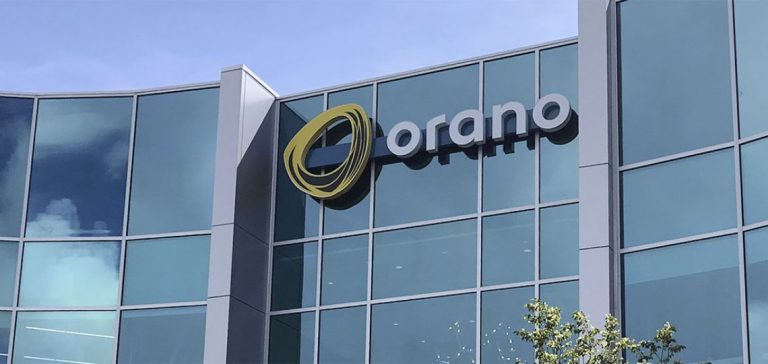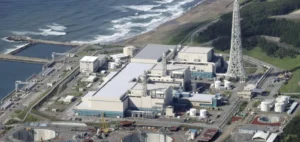The uncertainty surrounding the European Union’s policy regarding Russian nuclear fuel imports is significantly impacting investments in the sector, particularly for companies like Orano, a key player in the nuclear fuel cycle. Before the conflict in Ukraine, Russia accounted for over 25% of European and American supplies of enriched uranium. However, with the war and sanctions, this dependence has become a major issue for Europe’s energy security.
Impact on Orano and its competitors
The main European players in the sector, such as Orano and Urenco, find themselves competing to replace Russian imports. Russia, with Rosatom, accounts for 43% of the world’s uranium enrichment capacity, while Urenco controls 31% and Orano 12%. This situation creates significant pressure for Orano, which must both increase its production capacity and secure long-term contracts.
The rise in enriched uranium prices, which has increased from $60 per Separation Work Unit (SWU) before the war to $166 today, reflects market instability. These price increases could persist if European producers fail to fill the gap left by Russia. For example, Orano is heavily investing to increase its enrichment capacity with a €1.7 billion extension of its plant in southern France, while planning new facilities in the United States starting in the 2030s to meet the increased demand from its American clients.
European energy context
The lack of clarity in the European Union’s (EU) policy is a major obstacle to investments, according to Jacques Peythieu, Orano’s Strategy Director. Unlike the United States, which plans a total ban on Russian fuel imports by 2028 (with a few exceptions), Europe remains hesitant. This indecision jeopardizes the industrial planning of new production infrastructures in Europe, even as the need for enriched uranium continues to rise to ensure energy supply security.
The problem is even more acute for countries like France, which relies on nuclear power for over 70% of its electricity production. Orano has had to adjust its operations to focus more on the processing of MOX (Mixed Oxide Fuel), a recycled fuel made from plutonium and uranium, already used by several reactors in France and Germany. Orano’s “closed recycling” strategy helps reduce the volume of nuclear waste and optimize the use of fissile materials, but this option is not yet widespread across Europe.
Challenges and opportunities for Orano
For Orano, increasing recycling capacity at La Hague, France, represents an opportunity to expand its market share in a context of reduced Russian imports. The company has already processed over 27,847 tons of fuel for the EDF group since 1972 and continues to innovate to maximize the recycling of fissile materials. However, regulatory uncertainties in Europe regarding the status of Russian fuels create obstacles to securing the necessary funding for these expansions.
Perspectives for Europe
The EU will need to adopt a firmer and more coordinated stance if it wishes to reduce its dependence on Russia while maintaining its climate goals. Orano and other European suppliers will need clear guidelines to invest in new capacities, particularly in MOX projects and small modular reactors (SMRs). This will require not only clarifications on import policy but also financial support and guarantees to stimulate these strategic investments.
The European nuclear strategy is at a crucial turning point. A harmonized political framework is essential to provide market players, like Orano, with the necessary visibility to invest and develop new capacities. The outcome of this policy will have a direct impact on the energy stability of the European Union and its ability to achieve decarbonization goals while ensuring long-term electricity supply security.






















